4 treatable skin diseases: dermatitis, eczema, psoriasis, skin cancer
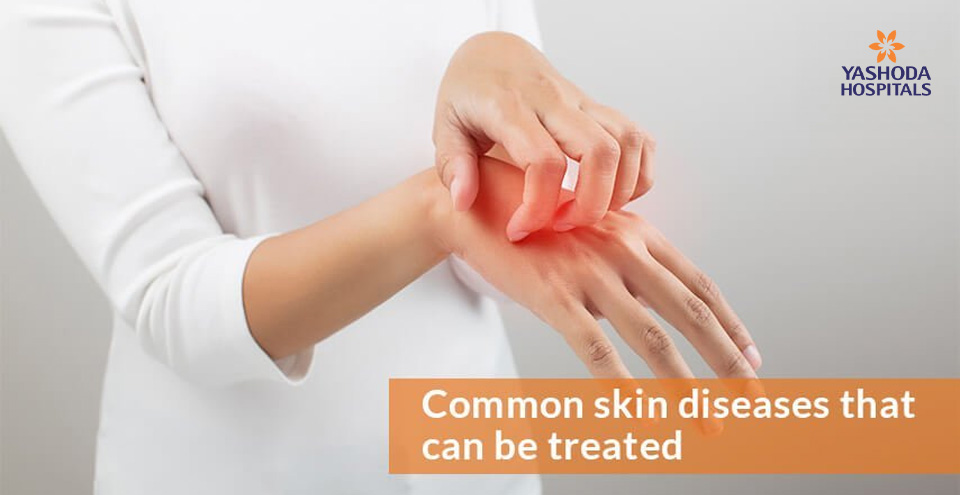
At a Glance:
What are the types of skin diseases?
What are the symptoms of dermatitis, eczema, psoriasis and skin cancer?
What are the causes of dermatitis, eczema, psoriasis and skin cancer?
What are the complications of dermatitis, eczema, psoriasis and skin cancer?
How is dermatitis, eczema, psoriasis and skin cancer diagnosed?
How is dermatitis, eczema, psoriasis and skin cancer treated?
What are the preventive and lifestyle modifications for skin diseases?
What are skin diseases?
Your skin is itching, breaking out or showing some peculiar rashes and you are not sure what that is? Skin conditions are varied and can often be confused due to obvious symptoms. Skin diseases are largely related to aging, hormones, genetics, allergic reaction or exposure to sun or toxic chemicals. It is important to know the in-and-out of the skin problem and understand the differences between them. Let’s find out the most commonly noticed skin conditions here:
What are the types of skin diseases?
The skin acts as a barrier for protecting the body against external noxious stimuli. It is the largest organ of the body in terms of weight and surface area. The skin may be affected by several types of diseases, some common ones being:
- Acne: A very common skin disease, caused due to blockage of the pores of the skin, usually accompanied by the formation of pus.
- Dermatitis: It is an inflammation of the skin and may be of many forms such as eczema, dandruff, and rashes.
- Eczema: Also known as atopic dermatitis. It is usually a chronic type of skin disease, mostly seen in infants, where a part of the skin swells, becomes red, dry, cracked and itchy.
- Psoriasis: Causes silvery scaly skin, with red and itchy patches.
- Skin cancer including melanoma, squamous cell carcinoma & basal cell carcinoma arises from the skin, primarily in the sun-exposed areas.
- Basal and squamous cell cancer: Common type of skin cancer, formed on the head, face, neck, hands, and arms.
- Melanoma: A less common type of skin cancer, but is life-threatening.
What are the symptoms of dermatitis, eczema, psoriasis and skin cancer?
The symptoms may differ from person to person. Some commonly reported symptoms are:
Dermatitis: The most common symptoms of dermatitis is inflammation of the skin which is accompanied by an itching sensation. Each form of dermatitis may have a slight difference in signs and symptoms:
Eczema:
- Inflammation is seen at the flexed parts of the skin, such as the front of the neck, inside the elbow or back of the knees
- Blistered skin
- Fluid discharge from the blistered skin when scratched
- Red to brownish-grey patches
Psoriasis:
- Red patches
- Small silvery scales
- Cracked skin
- May bleed on scratching
- Stiff joints
Skin Cancer: Mostly occurs due to prolonged exposure to direct sunlight
- Basal cell carcinoma
- A lump which is waxy in nature
- A cut-like scar on the skin which is brown in color
- Squamous cell carcinoma
- May appear like a red lump or a flat cut on the surface of the skin
- Scaly skin
- Melanoma
- Brownish spot
- Lesion with an irregular border which is blue-black, red or white in color
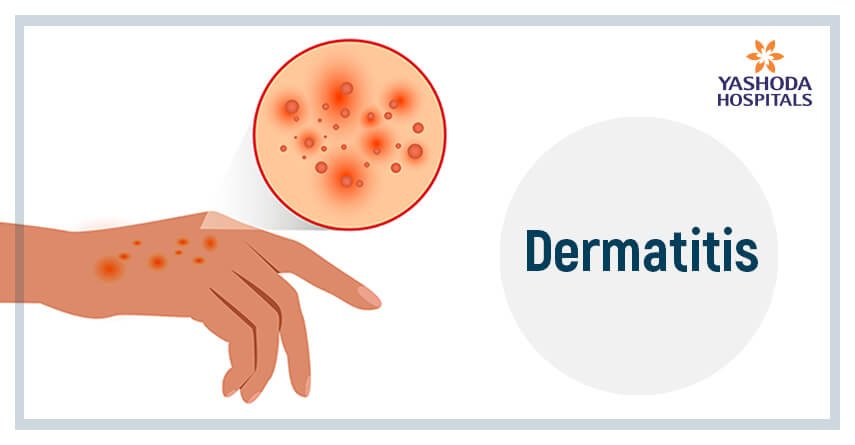
What are the causes of dermatitis, eczema, psoriasis and skin cancer?
Some of the common underlying causes include:
- Dermatitis: Genetic variation, environmental change, family history, allergens and irritants are few of the causes of dermatitis.
- Eczema: It is mainly caused due to a variation in the gene that protects the skin from the environment.
- Psoriasis: It is caused when the immune system overreacts (i.e. T cells and white blood cells become very active)
- Skin cancer: Due to DNA-mutation, which causes the cells to grow abnormally. Few factors that increase the risk of skin cancer include:
- Family history
- Light skin complexion
- Too much of exposure to the sun
What are the complications of dermatitis, eczema, psoriasis and skin cancer?
Complications of following skin diseases include:
Dermatitis: open lesions which may lead to skin infection
Eczema:
- Asthma
- Hay fever
- Sleeplessness due to itching
- Skin infection due to an open lesion
Psoriasis:
- Joints damage
- Eye disorder such as conjunctivitis, uveitis etc
- Higher risk of diabetes, kidney disease, high blood pressure, cardiovascular diseases
Skin Cancer:
- Recurrence of skin cancer
- Metastasis- Spread to other organs of the body
How is dermatitis, eczema, psoriasis and skin cancer diagnosed?
In case of any unusual change seen in the skin, consult a dermatologist, who will examine the signs and symptoms of your skin and look into your medical history. The common diagnostic procedure for detecting the type of skin disease would include:
- Physical examination
- Patch test
- Skin Biopsy
Your dermatologist may refer you to an oncologist if there is a suspicion of skin cancer.
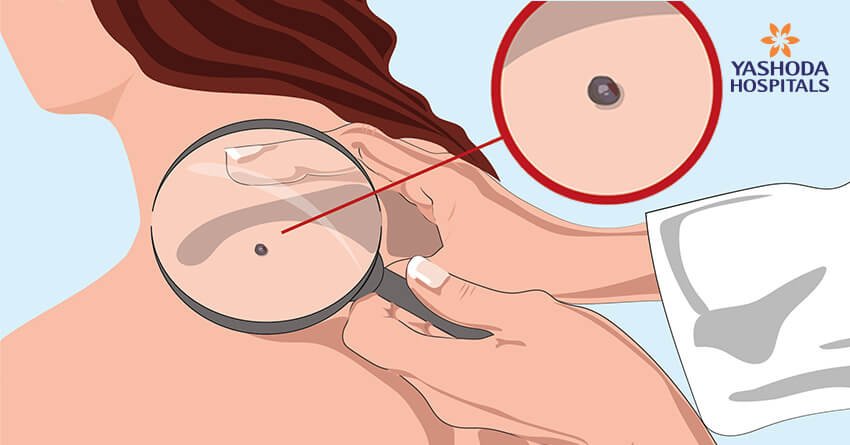
How is dermatitis, eczema, psoriasis and skin cancer treated?
Treatment for various skin diseases such as dermatitis, eczema and psoriasis most likely includes corticosteroid cream, and in severe cases, light therapy and oral corticosteroids. Other peculiar treatment options for psoriasis and skin cancer would include the following:
Psoriasis
- Creams that would affect the immune system such as calcineurin inhibitors
- Coal tar
- Salicylic acid
- Vitamin D analogs
Skin cancer: Treatment for skin cancer would depend on the stage of cancer.
- Surgery
- Chemotherapy- Use of drugs to kill cancer cells
- Radiotherapy- Use of high-powered energy beams to destroy cancer cells
- Chemo-radiotherapy
- Targeted therapy selectively destroy cancer cells and do not affect healthy cells.
- Biological therapy- Makes use of the body’s immune system to fight cancer cells
- Palliative care- Intended to improve the quality of life of cancer patients who may not be amenable to treatment
What are the preventive and lifestyle modifications for skin diseases?
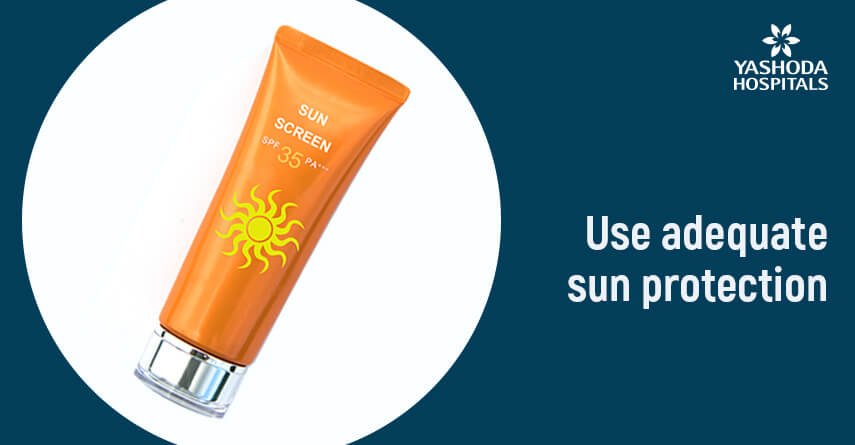
If you are affected with any such skin conditions, taking adequate preventive measures can help in containing the spread or subsiding the symptoms of the conditions. Some common suggested preventive measures include:
- Using wet wipes
- Avoiding poor personal habits like smoking, drinking alcohol etc
- Avoiding scratching affected areas
- Taking a bath daily
- Keeping the affected area covered
- Keeping the skin moist
- Avoiding prolonged sunlight exposure
- Using anti-allergy medication
- Wearing comfortable and cotton clothes
To know more about skin diseases, you can request a callback and our experts will call you and answer all your queries.
References:
- Mayo Clinic. Dermatitis. Available at: https://www.mayoclinic.org/diseases-conditions/dermatitis-eczema/diagnosis-treatment/drc-20352386. Assessed on 26 March 2018.
- Mayo Clinic. Psoriasis. Available at: https://www.mayoclinic.org/diseases-conditions/psoriasis/diagnosis-treatment/drc-20355845. Assessed on 26 March 2018.
- Mayo Clinic. Skin Cancer. Available at: https://www.mayoclinic.org/diseases-conditions/skin-cancer/symptoms-causes/syc-20377605. Assessed on 26 March 2018.
- NIH Medline Plus. Skin health and skin diseases. Available at: https://medlineplus.gov/magazine/issues/fall08/articles/fall08pg22-25.html. Assessed on 26 March 2018.






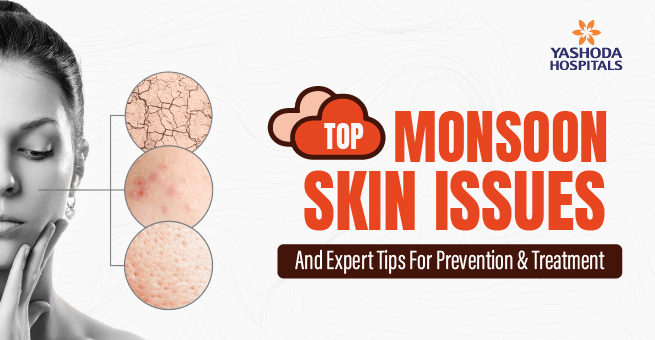

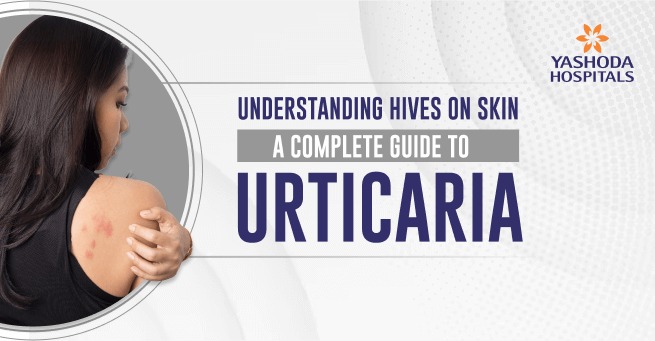
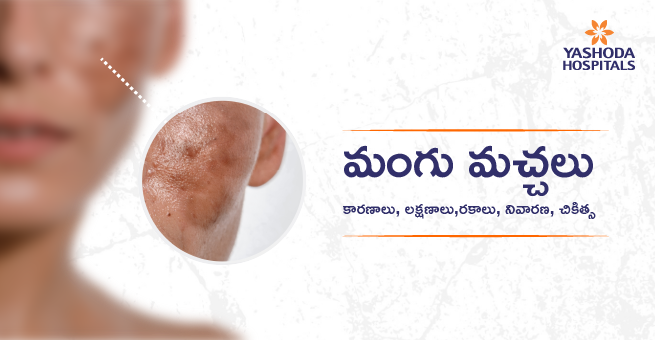


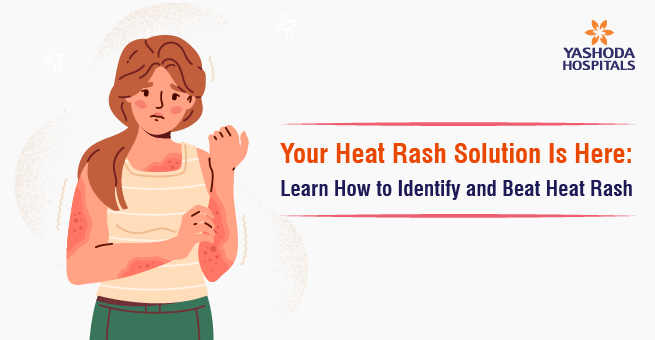






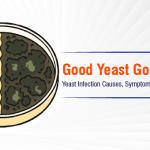
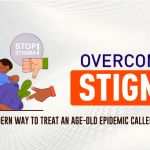
 Appointment
Appointment WhatsApp
WhatsApp Call
Call More
More